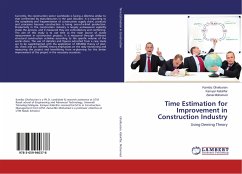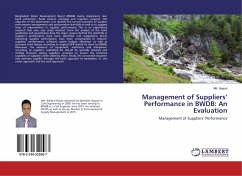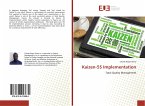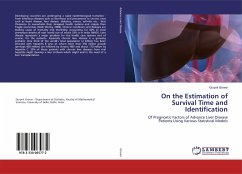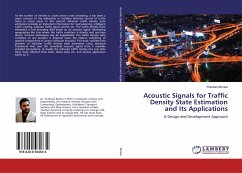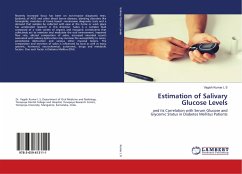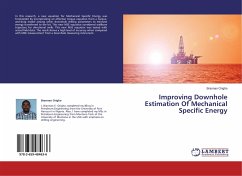Currently, the construction sector worldwide is facing a dilemma similar to that confronted by manufacturers in the past decades. It is regarding to the complexity and fragmentation of construction supply chain, products and processes because construction is being one-of-a-kind production. Productivity in the construction industry is largely unmeasured explicitly inside the process, and if measured they are contradictory and conflicting. The aim of this study is to use time as the main source of waste measurement in construction projects. It is measured through different structural construction activities according to the specific volume of the works done. The use of statistics and figures extracted from a case study are to be supplemented with the application of DEMING theory of plan, do, check and act. DEMING theory emphasizes on the daily monitoring and measuring the project and benefitting from re-planning for the better improvement of the project in the necessary occasions.

